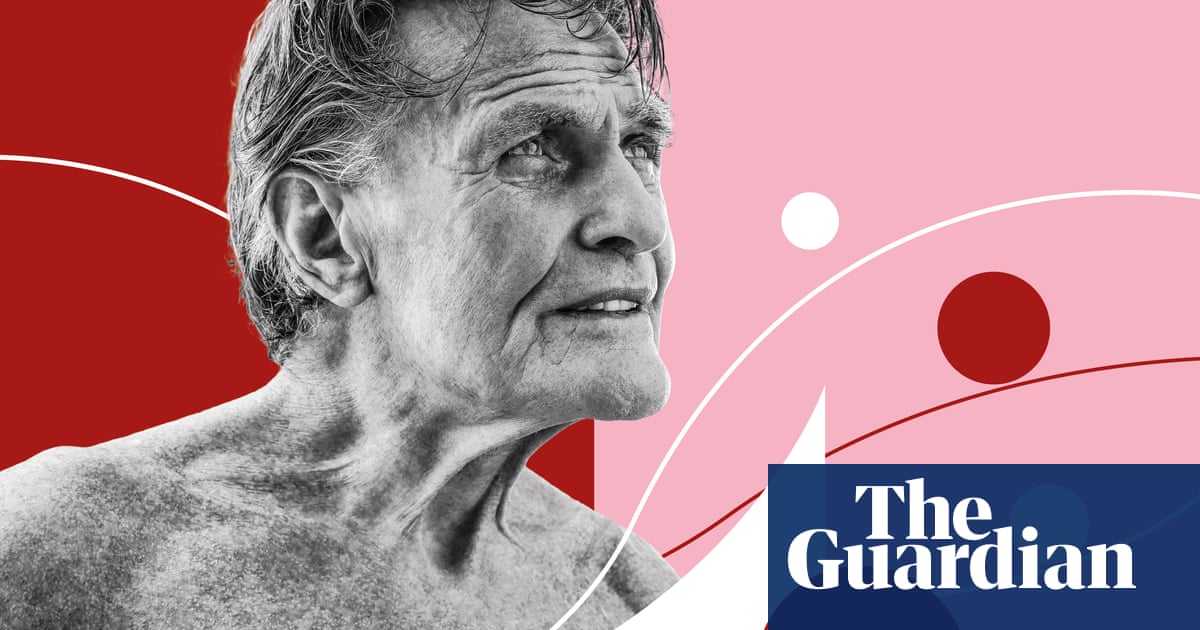
t’s been 15 weeks since I went into isolation to shield from Covid-19 – having cystic fibrosis (CF) put me in the high-risk category. I had expected this year to be a write-off but, after a devastating four months, 2020 may finally be looking up.
While the easing of coronavirus lockdown measures has provided relief for many, there has been more specific, and life-changing, recent news for CF patients: soon we will be able to get our hands on the drug Kaftrio under the NHS. Now for the first time in my life, I can plan a future I never expected to have. Regular hospital admissions and hours of unbearable pain may no longer be my reality, and growing old is something I may actually get to experience.
Since the age of six I have been under a strict medical regime to treat CF. It involves a cocktail of 40 different tablets each morning, all with their own variety of debilitating side-effects. Daily physiotherapy helps me cough up and clear thick, sticky mucus from my lungs, and inhaled medications and antibiotics prevent the spread of infection, which would result in long-term lung damage. My routine takes up to four hours each day and leaves me exhausted, before the day has even begun.
I also need to take enzymes every time I eat to help me digest my food and a regular dose of strong painkillers to help manage my excruciating pancreatitis pain, which comes on without warning. If I didn’t complete this demanding daily routine, I would be putting my life at risk, causing a rapid decline in my lung function. The continuing medications, pain, exhaustion and limitations I face have prevented me from living a “normal life”.
Cystic fibrosis is a life-shortening, genetic illness, caused by a defective gene, affecting 10,500 people in the UK. It impacts on the lungs and digestive system, causing the passageways to become blocked with sticky secretions, resulting in fatal lung damage, as well as a number of other health problems. The life expectancy for half of those born with CF today is 47 years. When I was diagnosed at the age of six, the life expectancy was 37.
I am now 21 years old and have been preparing to spend my 20s nursing my deteriorating health. Having a career, family and following my dreams have never seemed like possibilities.
But now NHS England has signed a commercial agreement with Vertex Pharmaceuticals to make Trikafta (named Kaftrio in Europe) available the day it receives its European licence. Unlike my other medications, which treat the symptoms of CF, Kaftrio is set to treat the underlying causes for 90% of people with CF.
The drug has been hailed as the closest thing to a “cure” we currently have. It is expected to prolong the lives of people with CF and has seen patients’ lung functions improve by up to 40%, as it helps the lungs work more effectively. Kaftrio was made available earlier in the year for people with CF who are near death, on compassionate grounds.
When in wider circulation, it is hoped the drug will reduce treatment times and the frequency of hospital admissions, as well as delaying the need for lung transplants. As a result, access to the drug would also save the NHS money in the long term, reducing reliance on regular contact with healthcare professionals.
In November 2019, the UK gained access to Orkambi and sister drugs Symkevi and Kalydeco. After a four-year battle and non-stop campaigning, this was a huge success for the CF community. However, by the time we got these medications, they were seen as obsolete compared with Kaftrio, which has been rushed to the market following its success in clinical trials.
I always thought I would have to suffer from disease for the rest of my life, feeling it take over and destroy my body. But the arrival of a new, successful treatment may give me the chance to live the life I could never have previously even dreamed about.
It is becoming clear how life-changing Kaftrio could be for me and so many others, but 10% of those with CF won’t be able to avail of the drug, because they don’t have the mutations that it treats. We must then continue the fight for those people who will still suffer the greater effects of CF: we must continue to seek out more drugs and treatments, making sure access is available. We cannot allow them to continue living with the burden of this illness, tragically losing their lives so young, while the rest of us begin to have hope. Until all people with CF are given a better future, the fight will not be over.
Isabelle Jani-Friend is a journalist












